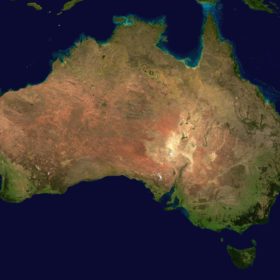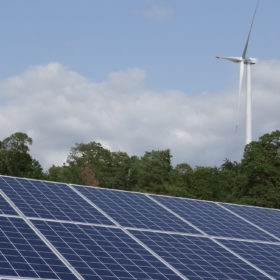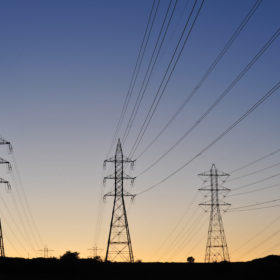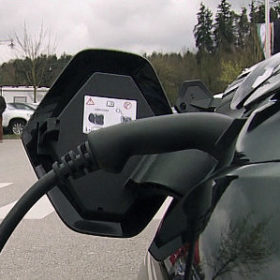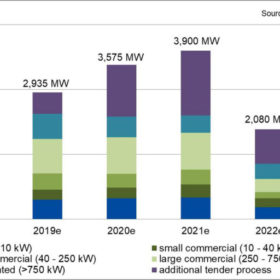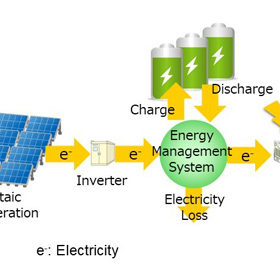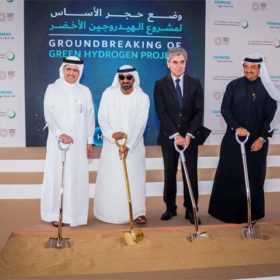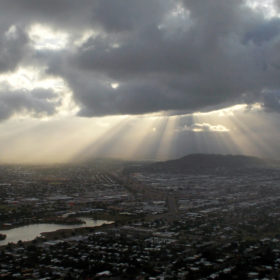Australia on track for 50% renewables by 2024, at “zero net cost”
Clean energy is driving the country to its Paris commitments well ahead of schedule. The Australian National University published findings today that conclude Australia is on track to hit 50% renewable electricity in 2024 and 100% in 2032 – at a net cost “of approximately zero”. Despite the good news, the Clean Energy Council warned federal policy may see the opportunity squandered.
China’s largest renewables hybrid project adds 100 MWh battery
Chinese li-ion battery manufacturer CATL has delivered a 100 MWh battery storage system to the country’s largest mixed renewables plant, which features 400 MW of wind energy, 200 MW of PV and 50 MW of concentrating solar.
Super-grids vs prosumer states: storage may decide the battle
Indra Overland, head of the Center for Energy Research at the Norwegian Institute for International Affairs, explains how the world’s future energy landscape may include pan-regional super-grids. However, prosumer states seeking energy independence could also be in the mix. According to Overland, the two developments will go hand in hand and the balance between them will be determined by the competitiveness of storage technologies.
Tesla acquires storage specialist Maxwell Technologies
The target company, which specializes in supercapacitors, will become a wholly-owned subsidiary of Elon Musk’s business.
Germany to install more than 10 GW of PV before 2022 contraction
Extraordinary PV tenders by the federal government will provide for more growth. Market research company EuPD Research expects newly installed capacity of 4 GW in 2021. After that, however, the market could see a sharp reduction, after the 52 GW cap for solar subsidies is reached.
Japanese scientists seek to lower costs of PV-powered hydrogen
A research team has conducted a demonstration of the economic feasibility of battery-assisted, low-cost hydrogen production from solar. The scientists claim their system will mean hydrogen could be produced for $0.15-0.25 per cubic meter in 2030.
DEWA begins work on hydrogen facility at Rashid Al Maktoum park
Only three months after issuing the project tender, the Dubai Water and Electricity Authority is building the plant with the support of Expo 2020 Dubai and Siemens.
Tokyo Gas invests further in solar and creates JV for storage
The acquisition of a 4.8 MW solar plant in the Kyoto prefecture and creation of a joint venture with Japanese storage specialist Exergy are part of the group’s 2020 plan to diversify its business into renewables and acquire 1 GW of capacity in them.
Australian senate: Don’t leave us in the slow lane for EV uptake
Federal and state governments need to do a whole lot more to help the transition to electric vehicles, says the senate, after poll results indicated strong popular backing for the switch from fossil fuel transport.
Australian city will get 4 MW community battery as grid back-up
Queensland is in line for its first community-scale battery – to be installed on Townsville’s outskirts – because of the high number of rooftop solar systems and close proximity of electricity infrastructure. The energy storage system should be operating by the end of the year.
